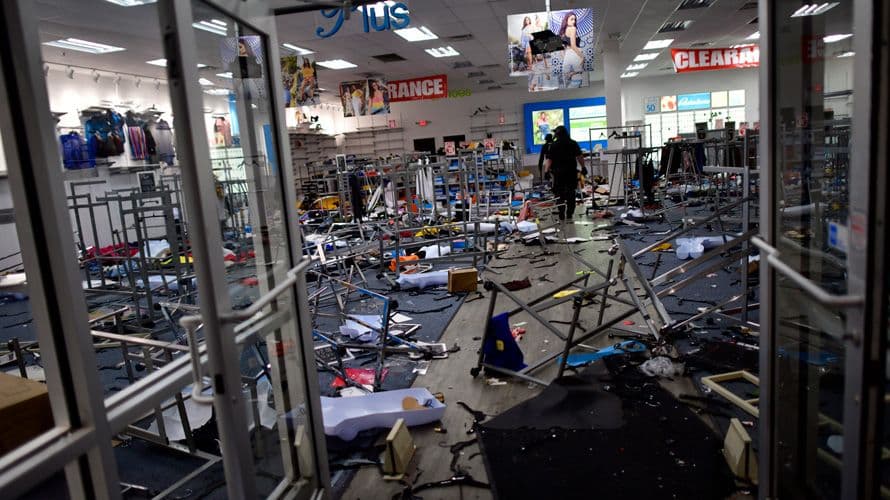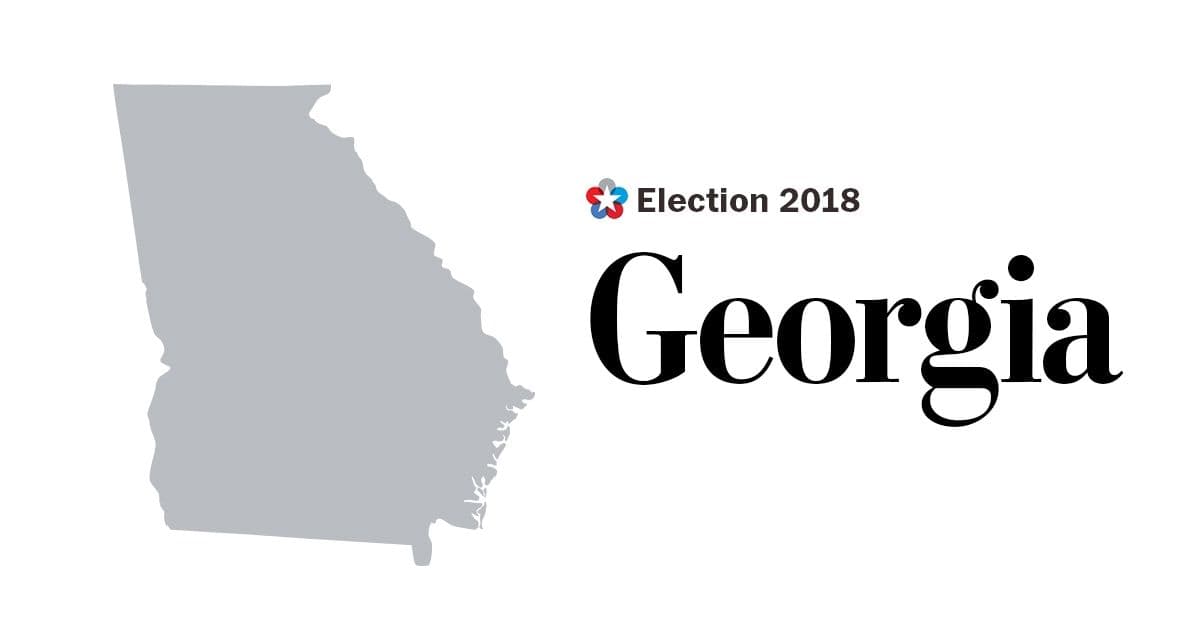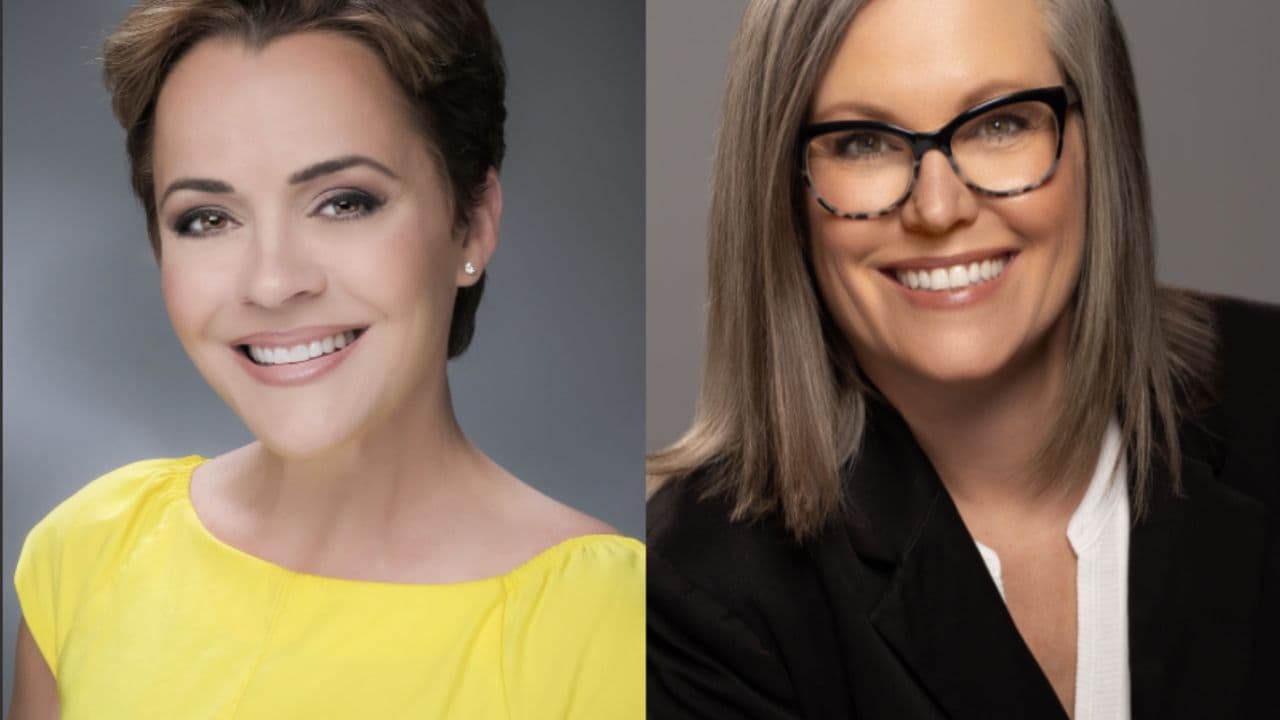Issues
Economy. With inflation at its highest rate in 40 years, the economy has become a pressing issue for voters for the 2022 midterm elections. Factors like gas prices, grocery expenses, and wages have many Americans looking at their economic prospects when selecting a candidate.
Abortion. Following the overturning of Roe v. Wade with its replacement case of Dobbs v. Jackson, abortion issues have energized many Democratic voters leading up to the midterm elections. Under the banner of women’s reproductive rights, many pro-choice voters will add abortion access to their voting calculations.
Crime. Rising crime rates — which have sparked many viral videos of criminals openly stealing or committing other crimes — have many voters looking for candidates that support law and order. Republicans point to Left-leaning prosecutors that let criminals out on bail and the Defund the Police movement, while Democrats point to attacks lobbied at the FBI and other federal law enforcement, damaging the authorities’ reputation.

Adweek
Senate
Vulnerable Democratic Incumbents. As Democrats fight to maintain control of the Senate, they are focusing much of their resources on protecting four vulnerable incumbents — Catherine Cortez Masto (D-NV), Raphael Warnock (D-GA), Mark Kelly (D-AZ), and Maggie Hassan (D-NH). If Republicans flip any of these seats, Senate Democrats’ path to remaining in the majority will shrink dramatically. Their opponents — Adam Laxalt (R-NV), Herschel Walker (R-GA), Blake Masters (R-AZ), and Don Bolduc (R-NH) — hope to break the current 50-50 split in their favor, putting the GOP back in control of the chamber.
While all four are seeking reelection in states President Biden won in 2020, his victories were narrow, and some strategists believe his unpopularity could drag down the Senate candidates. Additionally, Senators Warnock and Kelly won highly-watched special elections just two years ago but are now seeking full six-year terms in a political environment that is far less favorable to them. Given these slim margins, Republicans have aggressively targeted these seats. With Vice President Harris as a tie-breaker, they need 51 Senators to take back the majority.

Washington Post
Dem Targets. Yet despite national headwinds running against them, Democrats believe there are prime pickup targets for them. In what many consider one of their best chances to flip a seat, Pennsylvania Senator Pat Toomey (R) is retiring, leaving it open for a race between TV personality Dr. Mehmet Oz (R) and Lieutenant Governor John Fetterman (D). President Biden narrowly carried the state in 2020, and Fetterman hopes he can replicate the success. However, Fetterman has come under fire as allegedly medically unfit for office given a recent stroke. In Wisconsin, Lieutenant Governor Mandela Barnes (D) hopes to unseat Senator Ron Johnson (R) — perhaps the GOP’s most vulnerable incumbent. Biden also flipped the state in 2020, though he did so by one of the smallest margins of the election.
While Democrats have focused their attention on races in states where Joe Biden won in 2020, some strategists believe retiring Republican incumbents present openings in North Carolina and Ohio — states former President Trump carried in the last election. In N.C., Cheri Beasley (D) — former Chief Justice of the state’s Supreme Court — is taking on Congressman Ted Budd (R) but faces an uphill battle in a swing state that has recently tilted in favor of Republicans. In Ohio — where Trump won handily in 2020 — Congressman Tim Ryan (D) hopes to beat businessman J.D. Vance (R) despite the state trending further to the Right.
Governors
Tight Races. As with the Senate, many of the tightest swing states have highly competitive races for governor. In Michigan and Wisconsin, Republican candidates Tudor Dixon and Tim Michels hope to unseat Democratic incumbents Governor Gretchen Whitmer and Tony Evers. In the Michigan race, Republicans are pointing toward harsh Covid policies, while Democrats are focusing on economic factors in the state.

News Quotes Shine
In another top-tier race, State Senator Doug Mastriano (R) and State Attorney General Josh Shapiro (D) are competing to replace retiring Pennsylvania Governor Tom Wolf (D). The race has been cast as a battle between hyper-partisans but has mostly been overshadowed by the Senate race.
Finally, former news anchor Kari Lake (R) and Secretary of State Katie Hobbs (D) are vying to become Arizona’s next governor as incumbent Governor Doug Ducey (R) is retiring. Former president Donald Trump arrived in Mesa, Arizona, to boost Lake’s credibility as many pointed out she voted for President Obama in 2008. Adding to the race’s controversies, Hobbs — the subject of targeted reporting by Project Veritas — has refused to debate Lake. This move has prompted Lake to take aggressive actions, like crashing a town hall hosted by her opponent.

ABC 15
Georgia is the site of a rematch between incumbent Governor Brian Kemp (R) and Stacey Abrams (D), who he narrowly beat to become the state’s top executive in 2018.
In Nevada, Clark County Sheriff Joe Lombardo hopes to unseat incumbent Governor Steve Sisolak.
While President Biden carried each of these states in the 2020 elections, Democrats face close races in all of them.
Potential Surprises? Some of the most competitive races, however, lie in states that are traditionally not close. In deep-red Kansas, incumbent Governor Laura Kelly (D) hopes to win a second term against the state’s Attorney General Derek Schmidt (R). Despite the strong conservative lean of the state, most analysts view the race as a toss-up.
In Oregon — a state that has not elected a Republican governor in 40 years — State Representative Christine Drazan (R) stands a decent shot to break that record. Incumbent Governor Kate Brown (D) is retiring, and while fellow Democrat State Representative Tina Kotek would appear to be a natural successor, a viable independent candidate — Betsy Johnson — has thrown the traditional political trends in the state out the window.










